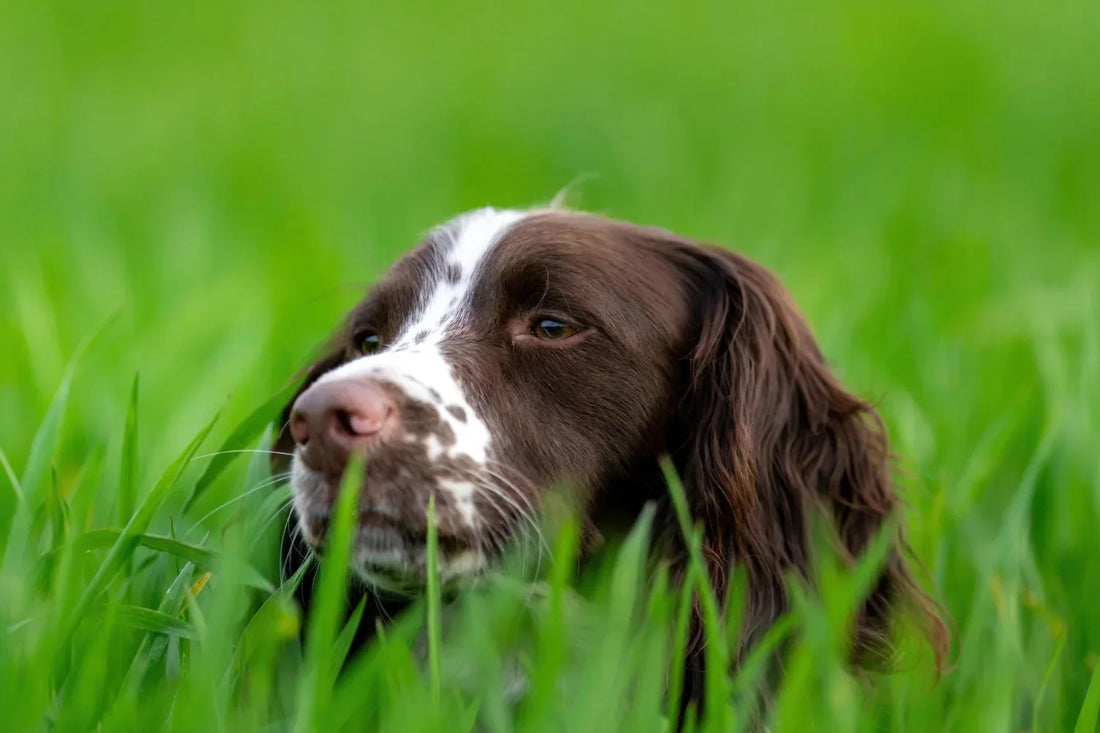Why do dogs eat grass?

It's common to observe a dog eating grass, and this behavior intrigues many owners. Contrary to popular belief, this isn't necessarily a sign of digestive distress. Several explanations are possible.
1. Natural and instinctive behavior
Dogs are descended from wolves, who sometimes consumed plants from the stomachs of their prey. Even though they are domesticated, dogs retain this plant-eating instinct.
2. A digestive need or gastric discomfort
Some dogs eat grass when they have mild digestive issues. Grass may help them purge by promoting vomiting or facilitating bowel movements. However, not all dogs that eat grass vomit afterward.
3. A fiber intake
If a dog's diet is low in fiber, it may instinctively turn to grass to supplement its needs and improve its intestinal transit.
4. Boredom or compulsive behavior
A dog that lacks mental or physical stimulation may exhibit unusual behaviors, such as chewing grass out of boredom. Some dogs even develop a compulsive habit called pica, which involves eating non-food items.
5. A preferred taste or texture
Some dogs simply enjoy the taste or texture of fresh grass, and will eat it without any signs of digestive upset.
6. Should we be worried?
Eating grass in small amounts is generally not dangerous. However, you should remain vigilant if:
- The dog eats excessively and vomits frequently.
- The grass consumed is treated with pesticides or herbicides.
- The dog shows other signs of digestive problems (diarrhea, loss of appetite).
7. How to avoid this behavior?
- Make sure the dog's diet is balanced and rich in fiber.
- Make sure he doesn't suffer from boredom by providing him with stimulating toys and walks.
- Avoid areas treated with chemicals to prevent poisoning.
Grass eating is a common and generally benign behavior in dogs. However, if it becomes excessive or is accompanied by other symptoms, a veterinary consultation is recommended to rule out any underlying causes.






